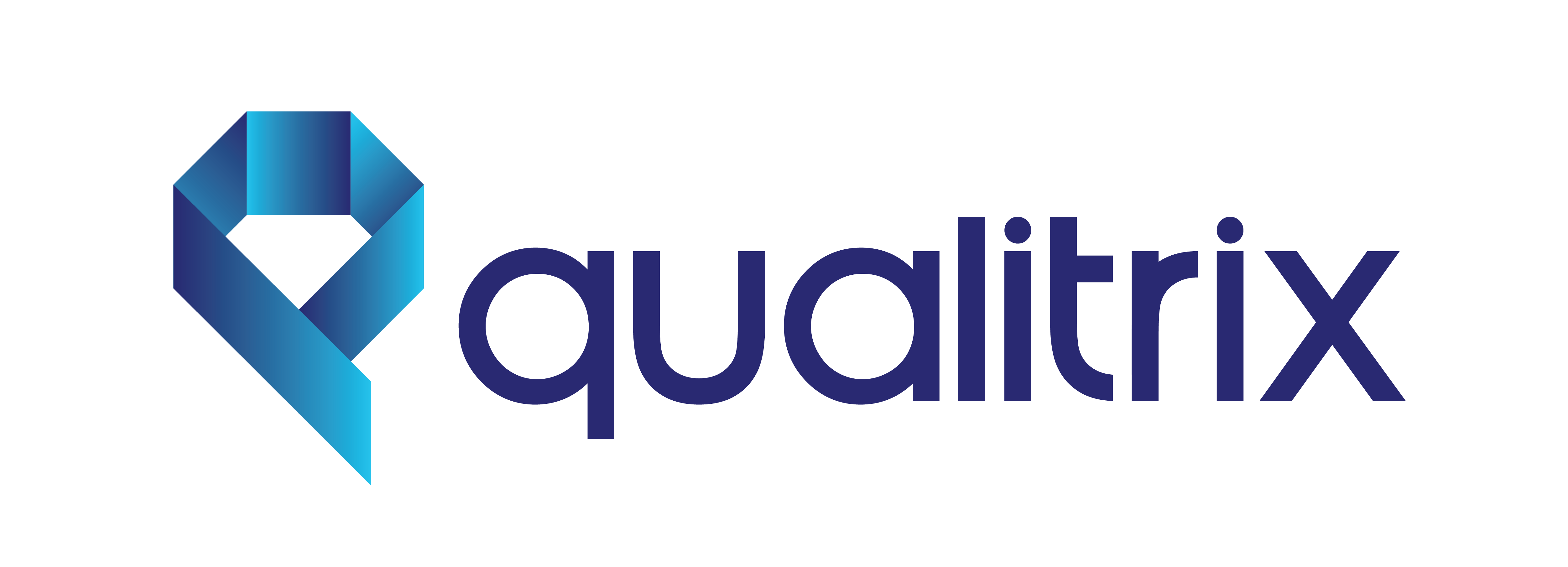In the fast-paced world of software development, ensuring exceptional quality remains paramount. While manual testing provides a critical foundation, its limitations in speed, scalability, and cost are becoming increasingly evident. This is where Artificial Intelligence (AI), specifically Machine Learning (ML), steps in, offering a transformative approach to the testing landscape.
The Challenges of Traditional QA
Software development methodologies have undergone a significant shift towards agile and DevOps practices. This rapid development cycle, coupled with increasingly complex software functionalities, puts immense pressure on traditional QA methods. Here are some key challenges:
-
Limited Test Coverage:
Manual testing often struggles to cover the vast scope of functionalities and user scenarios within a reasonable timeframe.
-
Time-Consuming Regression Testing:
Repetitive regression testing after every code change consumes valuable time and resources that could be better spent on new features.
-
Inconsistent Test Execution:
Manual testing is prone to human error, leading to inconsistencies in test execution and potentially overlooking critical bugs.
-
Limited Scalability:
As software features and functionalities grow, manually scaling up testing efforts becomes increasingly difficult and expensive.
How Machine Learning is Reshaping QA
Machine Learning algorithms, fueled by vast datasets, are revolutionizing how we approach software testing. Here’s how:
-
Automated Test Case Generation:
ML algorithms can analyze historical user behavior, code structure, and user interface elements to intelligently generate comprehensive test cases. This significantly expands test coverage beyond the limitations of manual efforts.
-
Self-Healing Tests:
ML models can learn from past test failures and adapt existing test cases to accommodate code changes. This reduces maintenance overhead associated with keeping automated tests in sync with evolving software.
-
Predictive Analytics:
By analyzing historical data and code patterns, ML can predict potential bugs and areas susceptible to issues. This proactive approach enables testers to prioritize testing efforts and mitigate risks before they manifest.
-
Intelligent Test Execution:
ML algorithms can learn from past test results and user behavior to optimize test execution sequences. This prioritizes critical test cases and optimizes testing time, leading to faster feedback loops.
-
Visual Test Automation:
Machine learning can be leveraged to automate visual testing, ensuring consistent user interface rendering across different devices and browsers. This eliminates the need for manual visual regression testing.
Beyond Automation: The Evolving Role of Testers
While ML automates many traditional testing tasks, it doesn’t eliminate the need for human testers. Instead, it empowers them to focus on higher-level activities:
-
Strategic Test Planning:
Testers become responsible for defining effective testing strategies, identifying areas where automation is most beneficial, and overseeing the overall testing process.
-
Exploratory Testing:
With repetitive tasks handled by automation, testers can dedicate more time to exploratory testing, uncovering edge cases and scenarios that might be missed by automated tests.
-
Data Analysis and Interpretation:
ML models generate insights and predictions, but human expertise is needed to interpret the data, identify root causes of issues, and prioritize bug fixes.
-
Collaboration with Developers:
The communication gap between testers and developers can be bridged by leveraging AI for automated bug reporting and analysis. This fosters collaboration and faster resolution of issues.
Benefits of Integrating AI and ML in QA
The integration of AI and ML into QA practices offers a multitude of benefits:
-
Improved Software Quality:
By expanding test coverage, identifying potential issues proactively, and minimizing human error, AI contributes to a significant improvement in overall software quality.
-
Enhanced Efficiency and Speed:
Automating repetitive tasks and optimizing test execution significantly reduces testing time and frees up resources for more strategic testing activities.
-
Reduced Costs:
While there’s an initial investment in AI and ML tools, the long-term cost savings through increased efficiency, reduced manual effort, and improved software quality can be substantial.
-
Faster Time to Market:
Faster testing cycles enabled by automation translate to quicker bug identification and resolution, ultimately accelerating the time to market for new software releases.
-
Improved Developer Productivity:
AI-powered testing provides faster feedback to developers, allowing them to identify and fix bugs early in the development cycle, leading to increased developer productivity.
Challenges and Considerations for AI-Powered QA
While AI and ML offer significant advantages, there are challenges to consider:
-
Data Quality:
The effectiveness of ML models heavily relies on the quality and quantity of data used for training. Inaccurate or insufficient data can lead to unreliable test results and predictions.
-
Explainability and Transparency:
Understanding the rationale behind AI-generated test cases and predictions is crucial for testers to validate findings and make informed decisions.
-
Integration with Existing Systems:
Integrating AI tools with existing testing frameworks and development pipelines requires careful planning and consideration for seamless workflow integration.
-
Cost and Expertise:
Implementing AI and ML solutions might require an initial investment in technology, tools, and potentially hiring personnel with expertise in AI and ML for QA.
The Future of AI in QA: A Collaborative Approach
The future of QA lies in a collaborative approach where AI and ML empower human testers to achieve exceptional results. As AI technology continues to evolve, we can expect to see:
-
More Sophisticated Test Generation:
AI will excel at generating even more complex and nuanced test cases, mimicking real-world user behavior with greater accuracy.
-
Enhanced Self-Healing Capabilities:
ML models will become more adept at adapting automated tests not only for code changes but also for UI/UX modifications, further reducing maintenance overhead.
-
Advanced Risk Prediction:
AI will analyze not just code but also user feedback, market trends, and competitor data to predict potential risks and areas of improvement, enabling proactive quality assurance efforts.
-
Democratization of AI in QA:
AI-powered testing tools will become more user-friendly and accessible, allowing even smaller development teams to leverage the benefits of machine learning without needing extensive expertise.
Conclusion: Embracing the AI-Powered Future of QA
The integration of AI and ML in QA represents a paradigm shift. By embracing this new era of intelligent testing, organizations can unlock significant benefits in terms of software quality, efficiency, and time to market. As AI and ML technology continues to mature, the future of QA will be characterized by a powerful collaboration between humans and machines, ultimately leading to the delivery of exceptional software experiences.
Ready to leverage the power of AI in your QA process? Qualitrix (qualitrix.com) is at the forefront of AI-powered testing solutions. We offer a comprehensive suite of services that integrate seamlessly with your existing workflows, empowering you to harness the transformative capabilities of machine learning. From test case generation and intelligent automation to data analysis and risk prediction, our team of experts can guide you on your journey towards achieving exceptional software quality through the power of AI.

